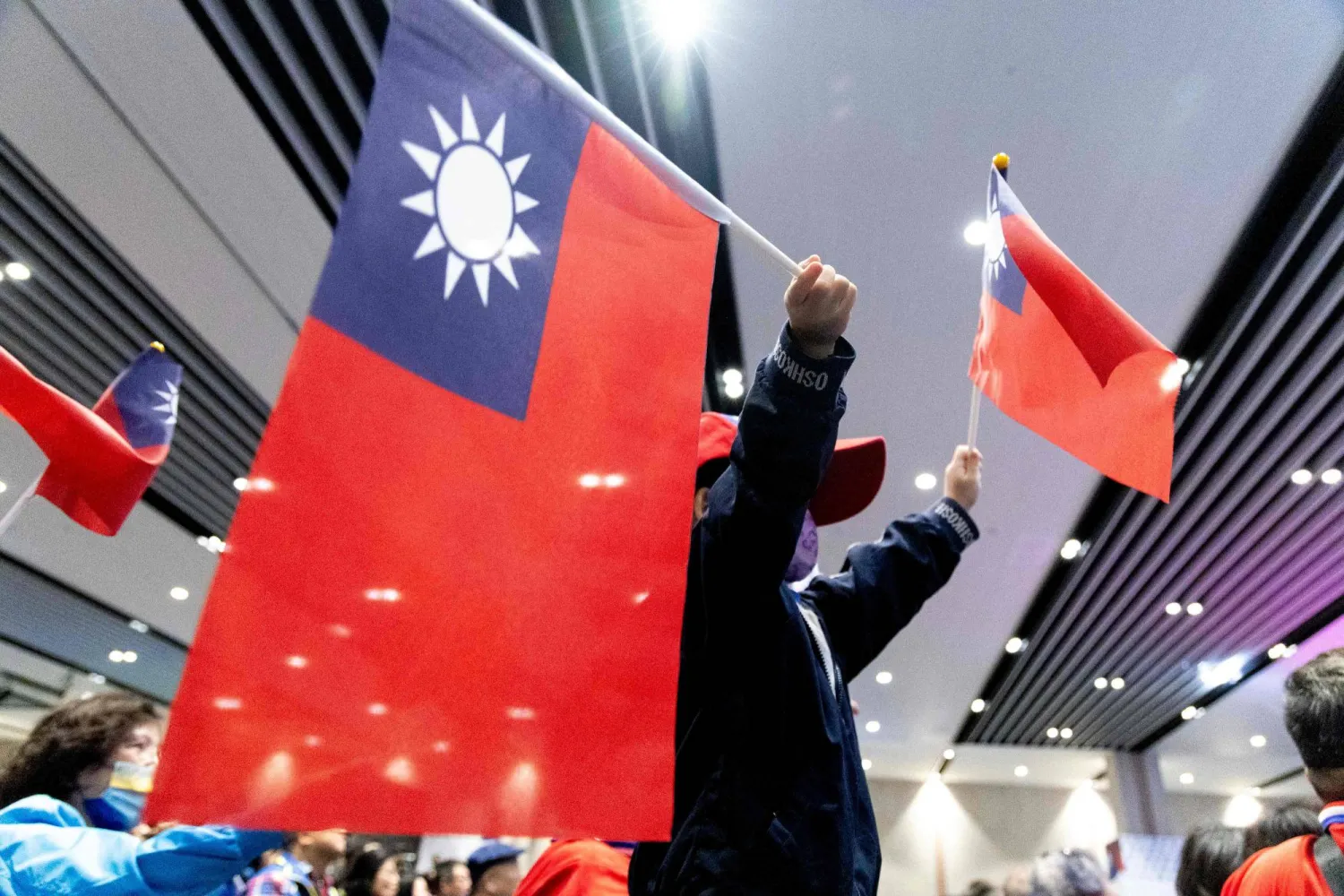The United States is using Taiwan to provoke a serious crisis in Asia, Russian Deputy Foreign Minister Andrei Rudenko told TASS news agency in remarks published on Sunday, reiterating Moscow's backing of China's stance on Taiwan.
"We see that Washington, in violation of the 'one China' principle that it recognises, is strengthening military-political contacts with Taipei under the slogan of maintaining the 'status quo', and increasing arms supplies," Rudenko told the state news agency.
"The goal of such obvious US interference in the region's affairs is to provoke the PRC (People's Republic of China) and generate a crisis in Asia to suit its own selfish interests."
The report did not cite any specific contacts that Rudenko was referring to.
China views democratically governed Taiwan as its own territory, a claim that Taiwan's government rejects. The US is Taiwan's most important international backer and arms supplier, despite the lack of formal diplomatic recognition.
The US State Department did not immediately respond to a request for comment on Rudenko's remarks outside office hours.
In September, President Joe Biden approved $567 million in military support for Taiwan. Russia responded that it was standing alongside China on Asian issues, including criticism of the US drive to extend its influence and "deliberate attempts" to inflame the situation around Taiwan.
China and Russia declared a "no limits" partnership in February 2022 when President Vladimir Putin visited Beijing shortly before launching a full-scale invasion of Ukraine, triggering the deadliest land war in Europe since World War Two.
In May this year, Putin and Chinese President Xi Jinping pledged a "new era" of partnership between the two most powerful rivals of the United States, which they cast as an aggressive Cold War hegemon sowing chaos across the world.
Russia Says US Using Taiwan to Stir Crisis in Asia

Participants wave Taiwanese flags during the Kuomintang (KMT) National Congress in Taoyuan on November 24, 2024. (Photo by Yu Chien Huang / AFP)

Russia Says US Using Taiwan to Stir Crisis in Asia

Participants wave Taiwanese flags during the Kuomintang (KMT) National Congress in Taoyuan on November 24, 2024. (Photo by Yu Chien Huang / AFP)
لم تشترك بعد
انشئ حساباً خاصاً بك لتحصل على أخبار مخصصة لك ولتتمتع بخاصية حفظ المقالات وتتلقى نشراتنا البريدية المتنوعة







